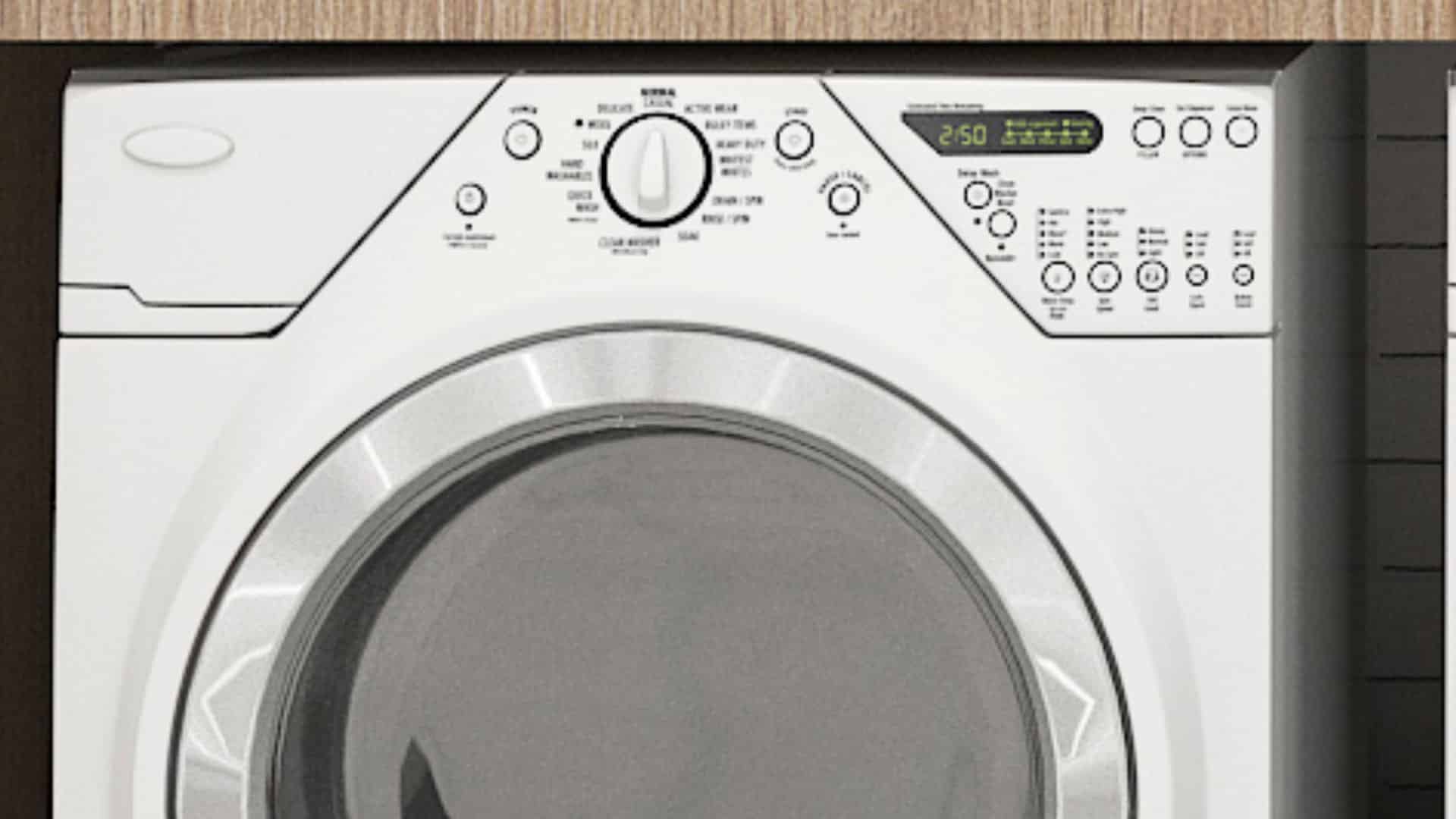Of the many great technological inventions of the last century, the dishwasher (perhaps) saves the most amount of time for people in everyday life.
When working, dish washers drastically reduce the amount of time cleaning a kitchen; whether it is dishes, pots or pans, dishwashers help make your day easier that is as long as they are working:
Unfortunately with all things man made, dishwashers break. Whether its wear and tear, a faulty piece or an accident, at some point the machine will break.
This does not mean that making concerted efforts to undertake simple methods of maintenance and repair of your dishwasher won’t extend its shelf life. Below are some instructions to help you out:
- Electrocution: Whilst not about dishwashers per se, ensuring your own safety beforehand is suggested, unplug the washer from its power source, or at the very least make sure the water in the washing system is drained.
- Check the gaskets for cracks: Gaskets are rubber or plastic seals along the dishwasher door that ensures that the doors are sealed water tight. Replacement gaskets can be easily removed/attached and can be found at most hardware stores, just make sure you are purchasing the right size of gasket you need.
- Clogs: Deposits, food particles, dirt and bacteria can all clog your sprayer’s arms. It is suggested that at least weekly (if the machine is often used, otherwise monthly) the screen filter at the bottom of the dishwasher be cleaned of all foreign objects it collects during the dishwashers cleaning processes.
If there are sizeable holes in the filter, then it needs to be replaced. - Inside the washer: If you are not using the machine regularly (holiday house etc. or going on a holiday), then after you do it is suggested that you clean the inside of the machine with some anti-detergent. If left alone, the trace pieces of food coupled with the wet environment inside the machine will cause bacteria and therefore mould to flourish. If this happens and the machine is used again, the plates/cutlery/pots etc. can smell of mould afterwards. Sometimes a green residue has been noted when this happens, that is bacteria.
- Use dishwashing detergents only. Using other washing products (hand washing/ bath soaps) will result in washed items often still having detergent residue on their surfaces, effectively wasting your time.
- When choosing detergents: Powders are far better than gels. The reason for this is that gels often contain chlorine of some kind which can eat away at the non-metallic pieces within your machinery as well as some plastics being washed (over time). This is often why gaskets break/leak.
Do not fiddle with hardware or electrical ware unless you know what you are doing. If there is a problem that you cannot fix, a repairman is a much better idea. This will maintain the viability of any warranty you may have on the dishwasher, whilst also ensuring you do not have to pay for a new one.
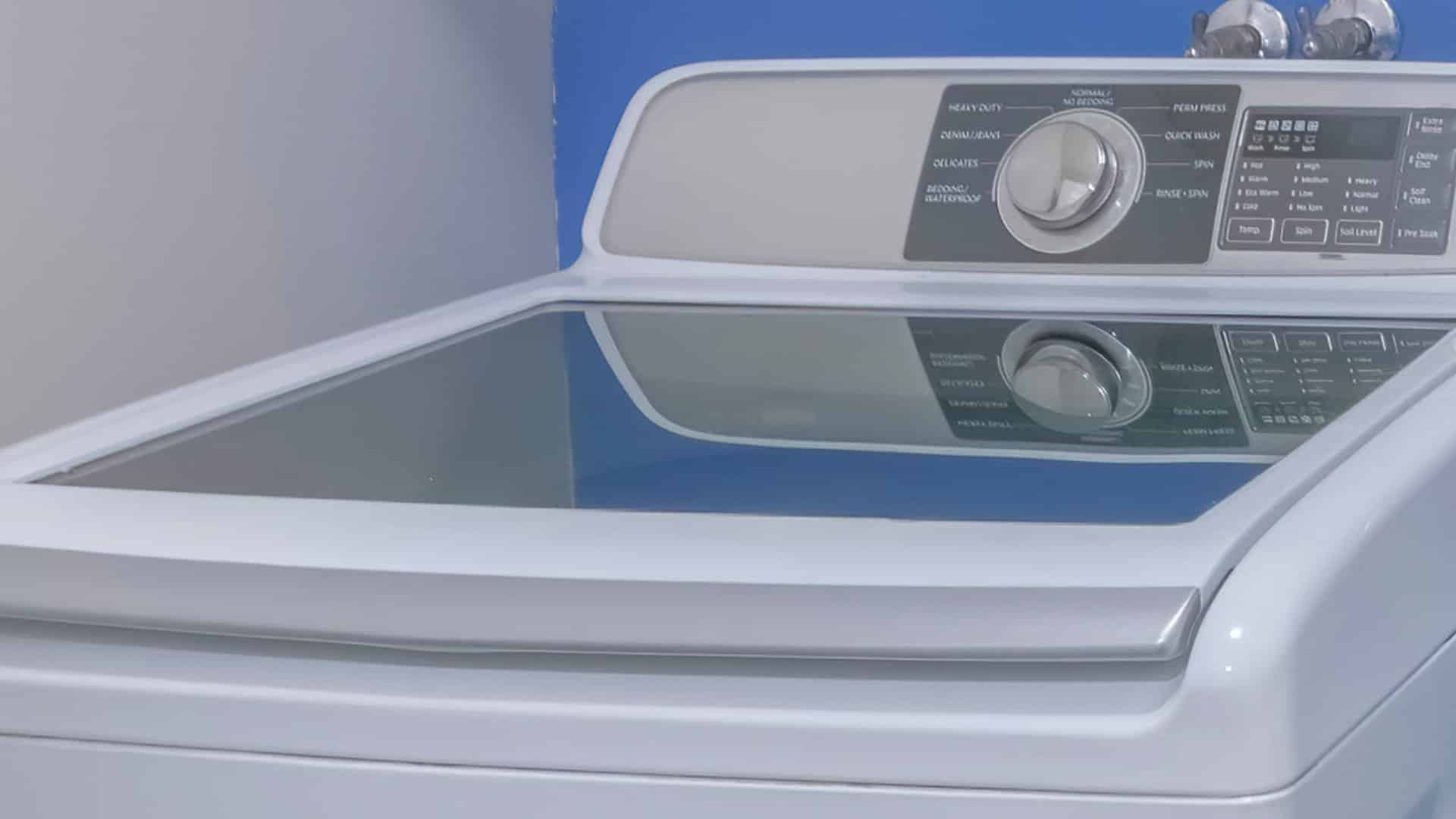
How to Fix the nF Error Code on a Samsung Washer
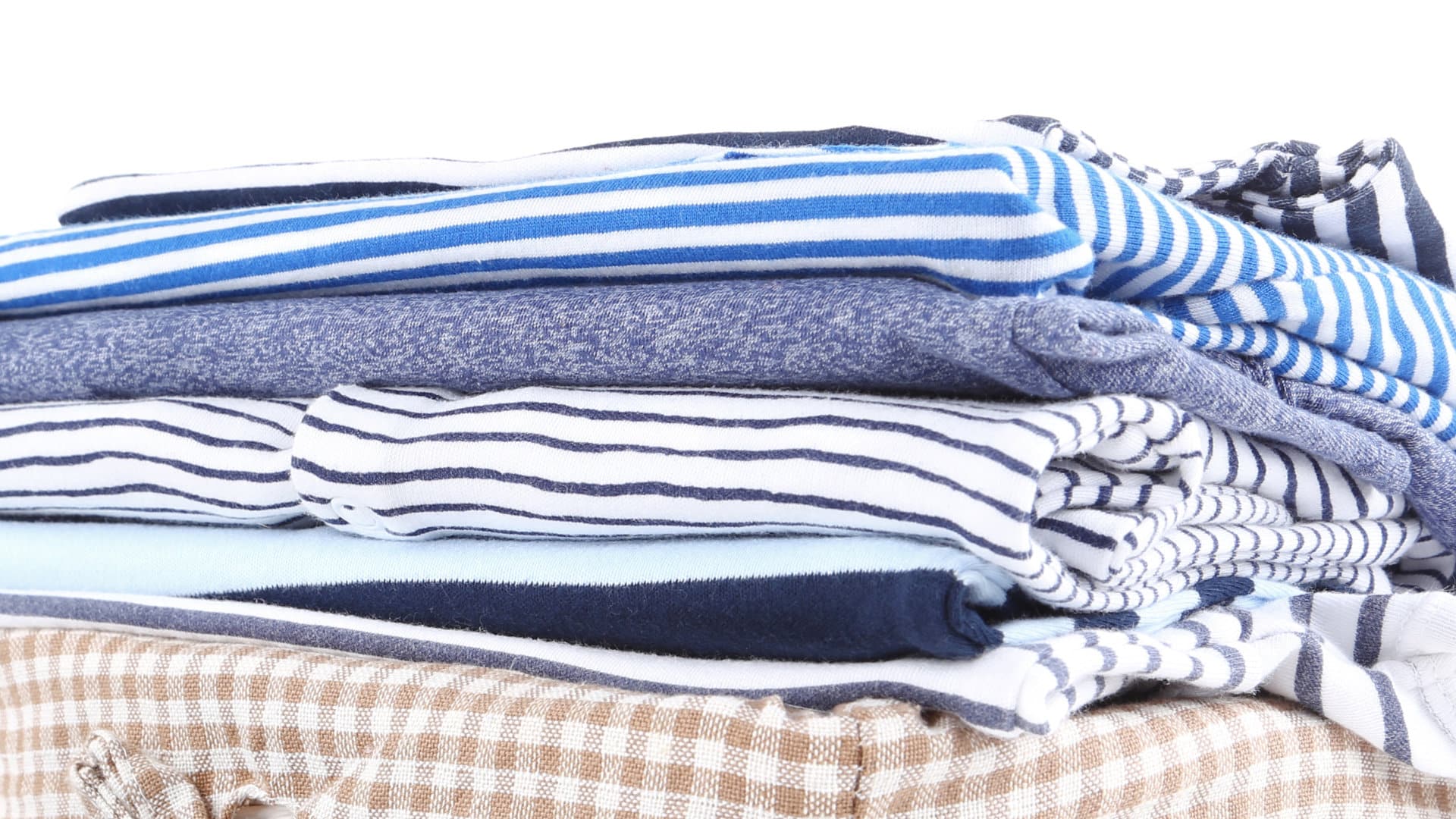
Kenmore Elite Dryer Issues: How To Troubleshoot
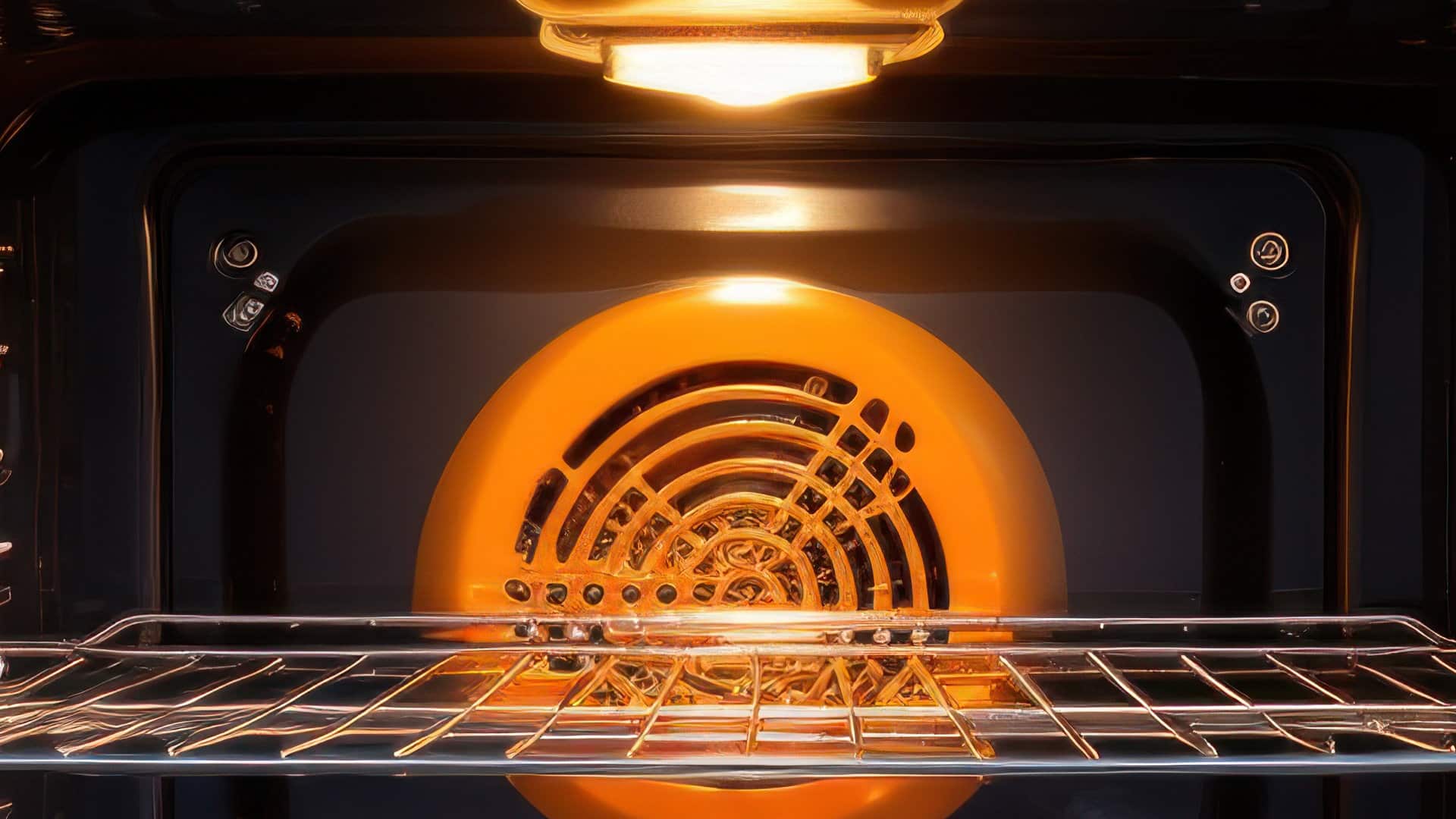
Microwave vs. Oven: Pros and Cons and How They Differ
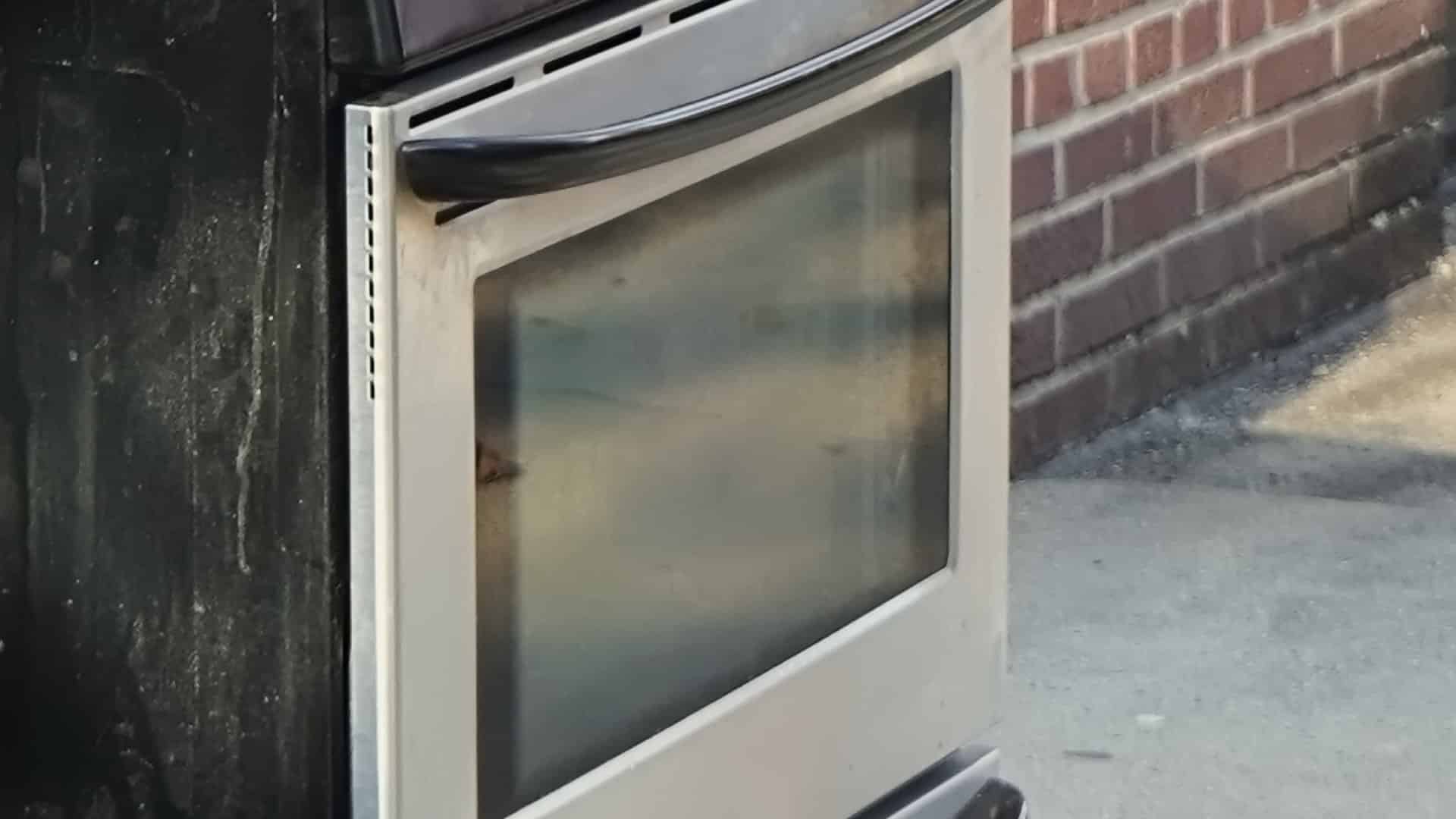
Self-Cleaning Oven Smell: Causes & Odor Reduction Tips

Frigidaire Ice Maker Not Working? 7 Ways to Fix It
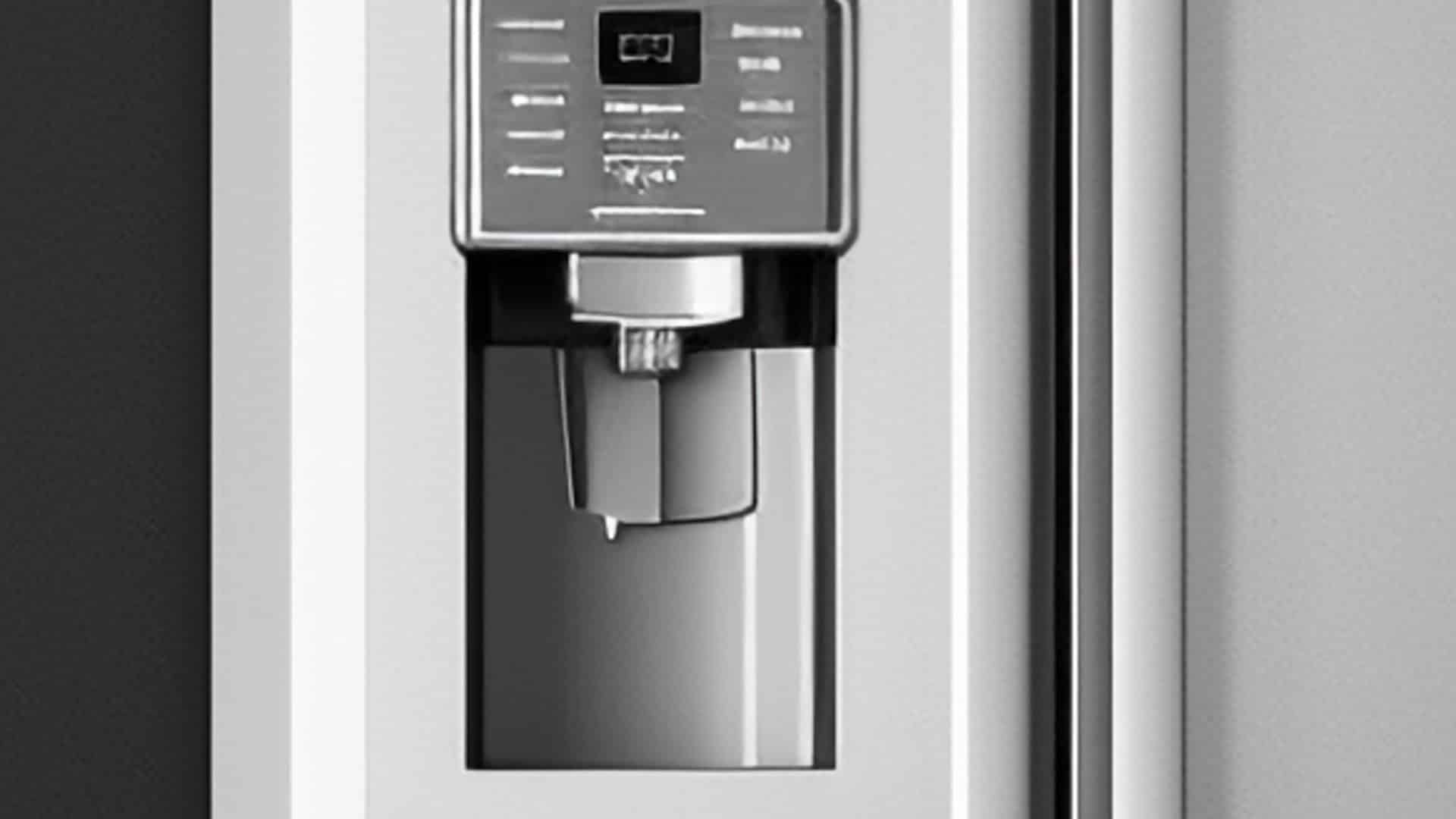
Why Is Your LG Refrigerator Not Cooling? (9 Common Reasons)
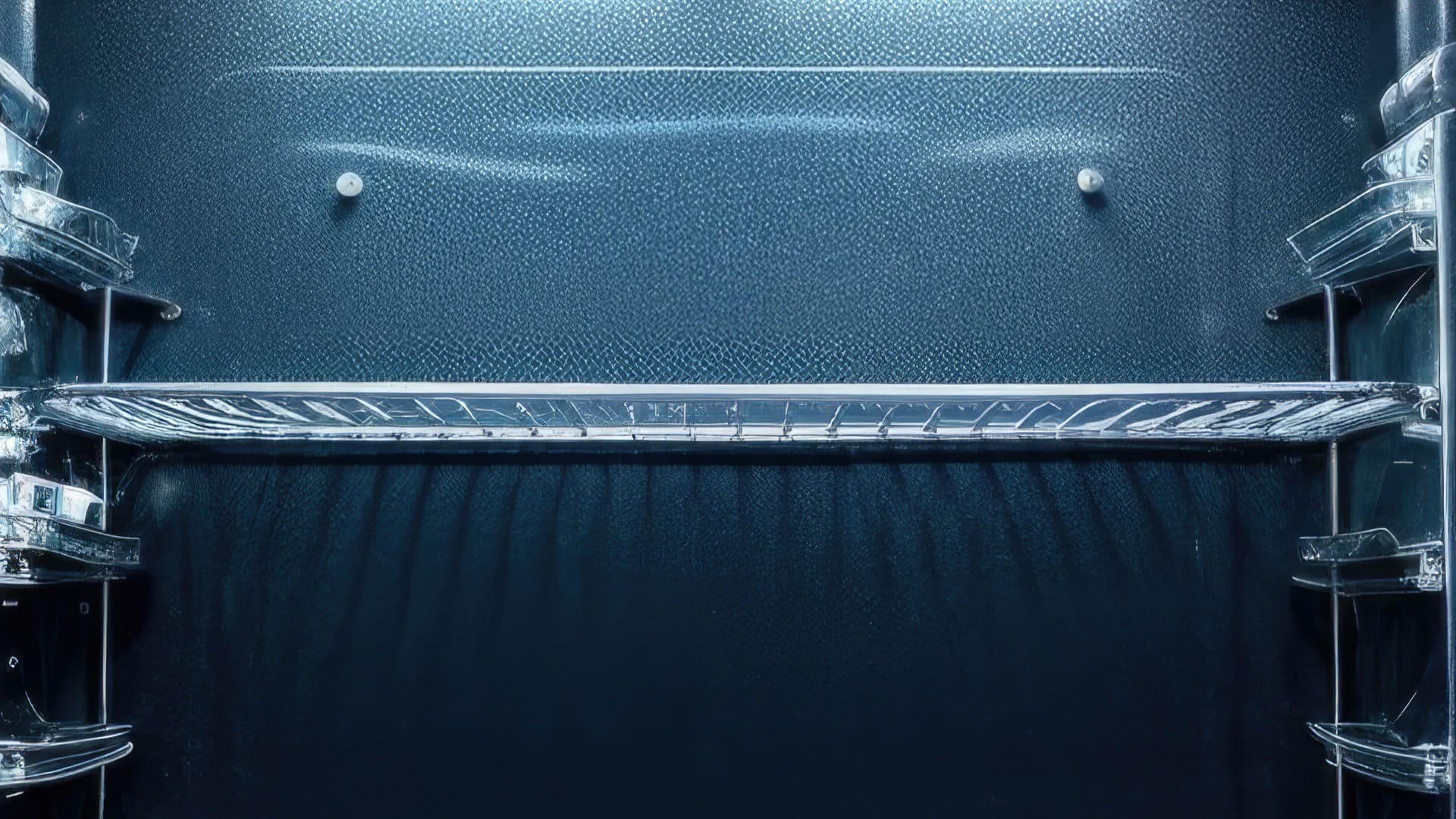
GE Oven F2 Error: Causes & Solutions
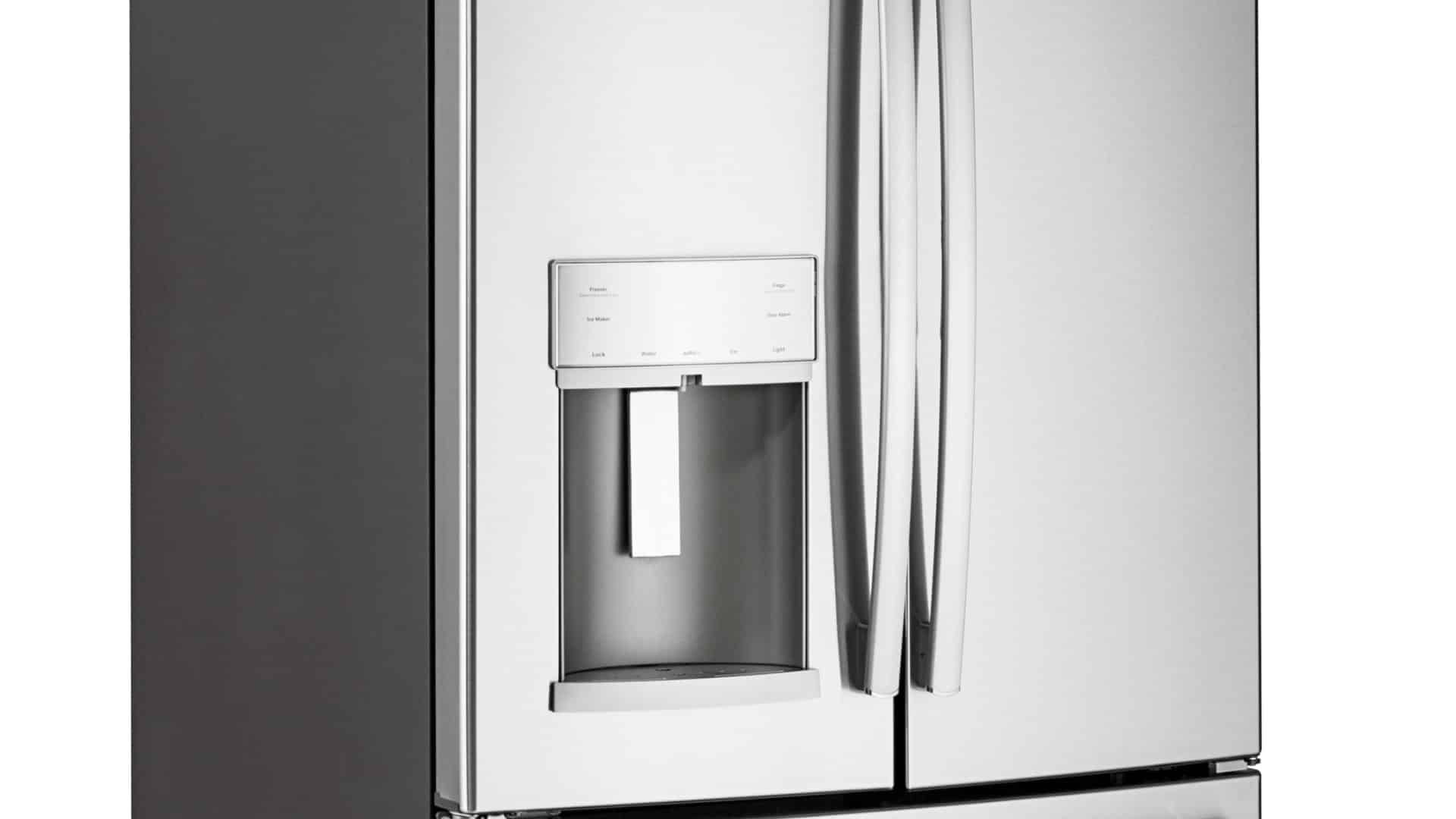
How to Reset the Water Filter Light on a Samsung Refrigerator
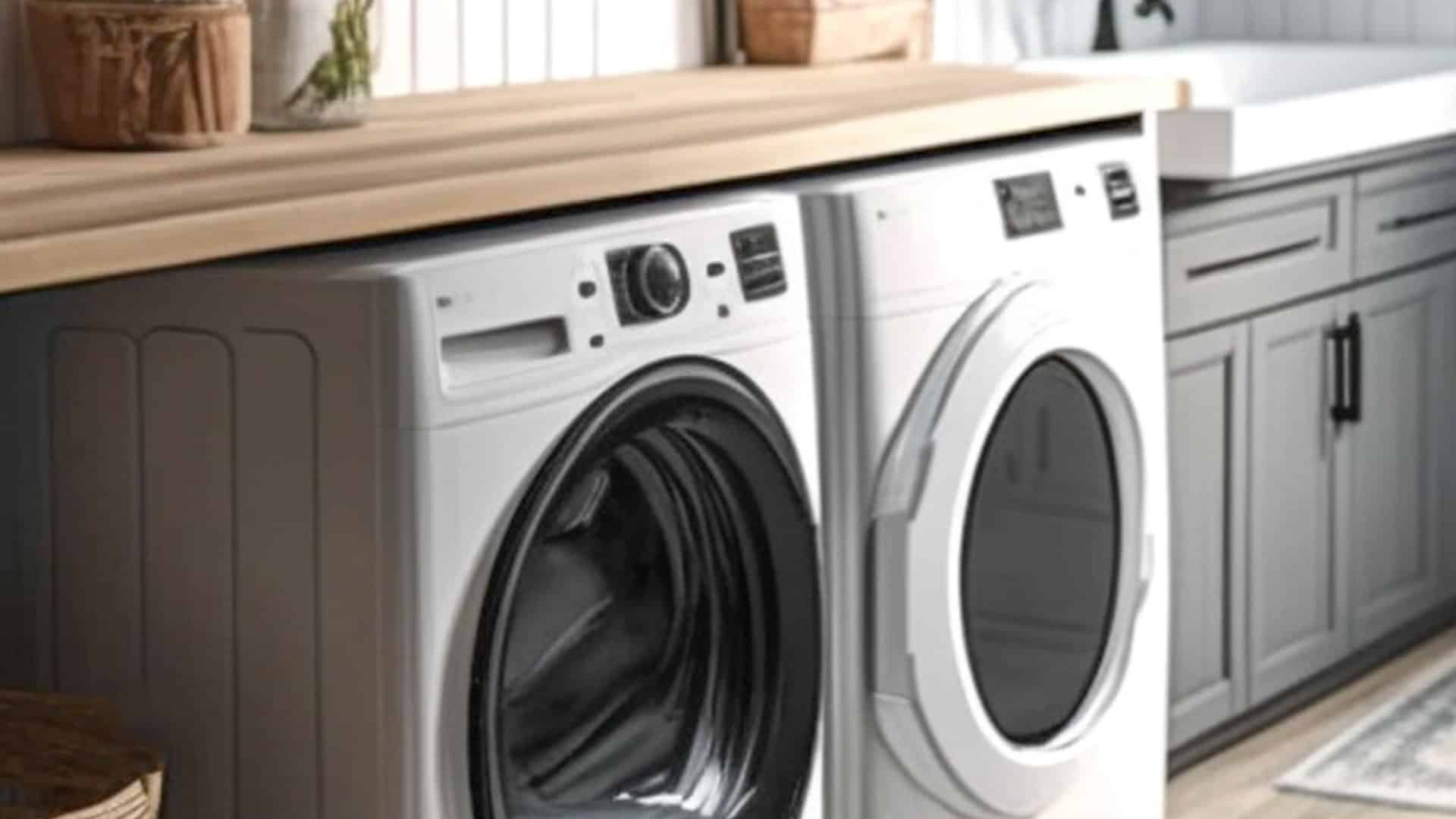
Maytag Washer Showing F5 Error Code? Here’s What To Do
